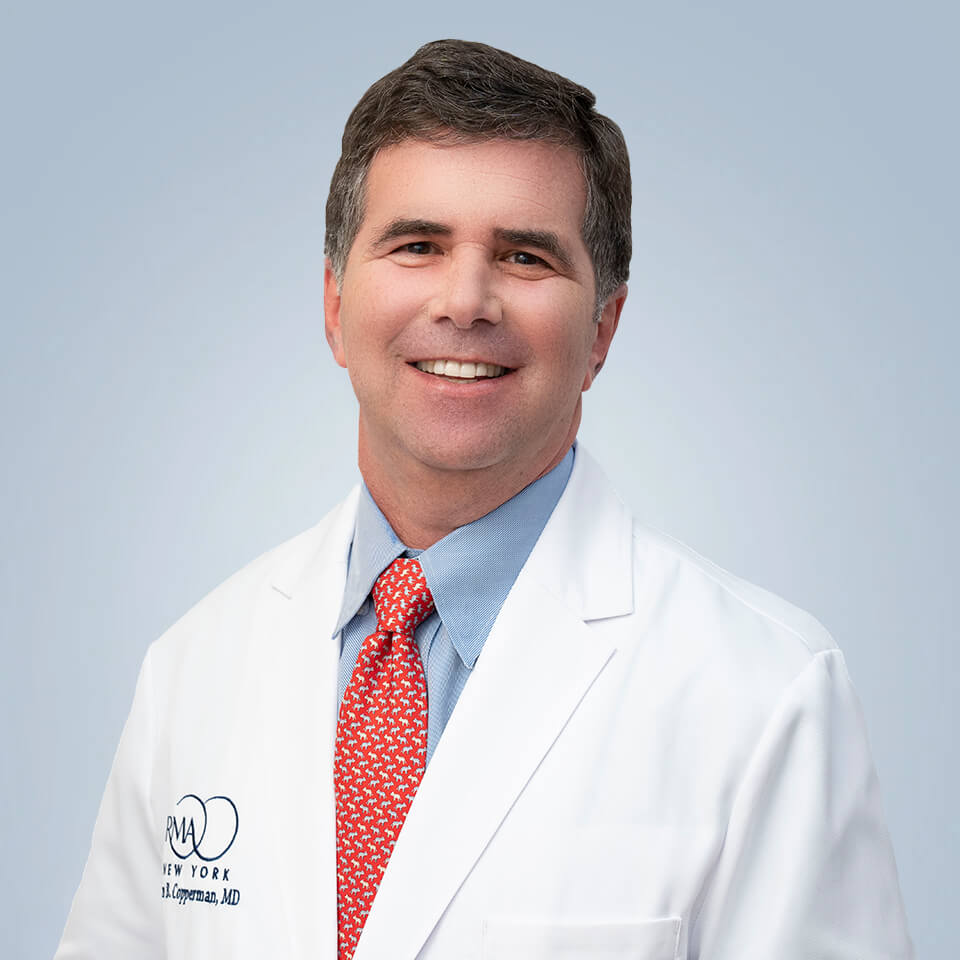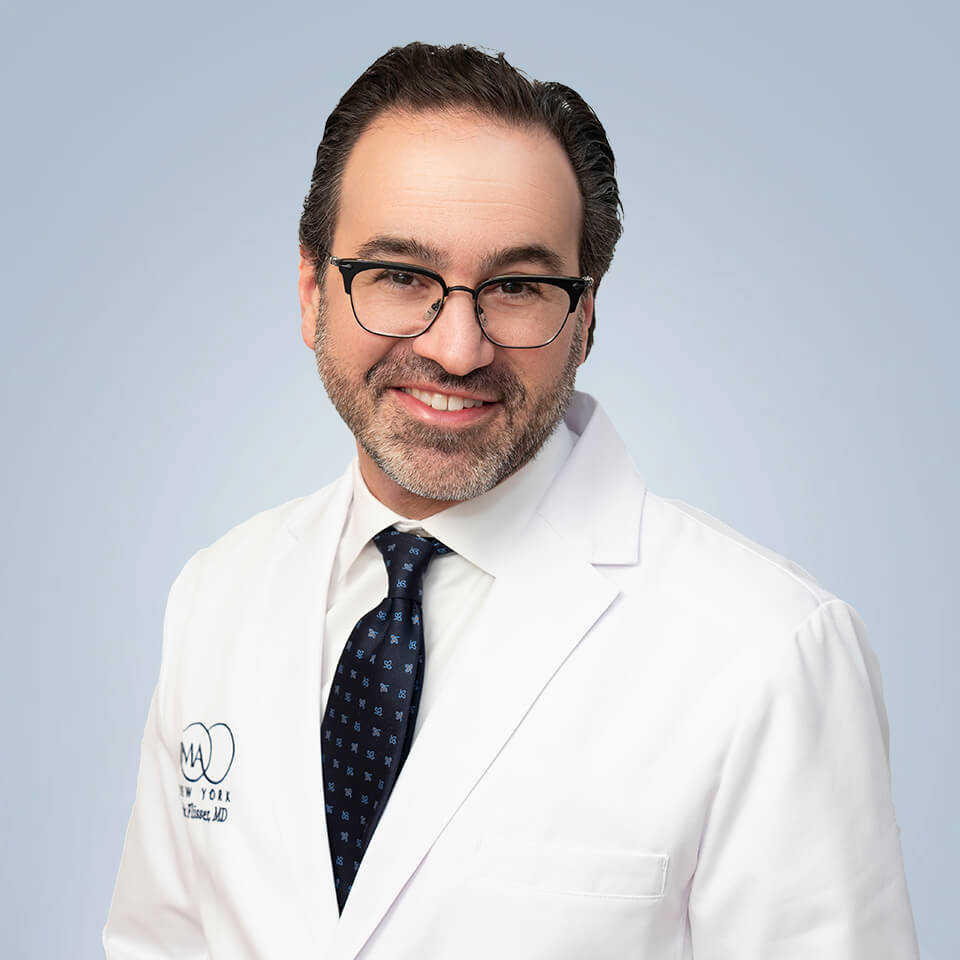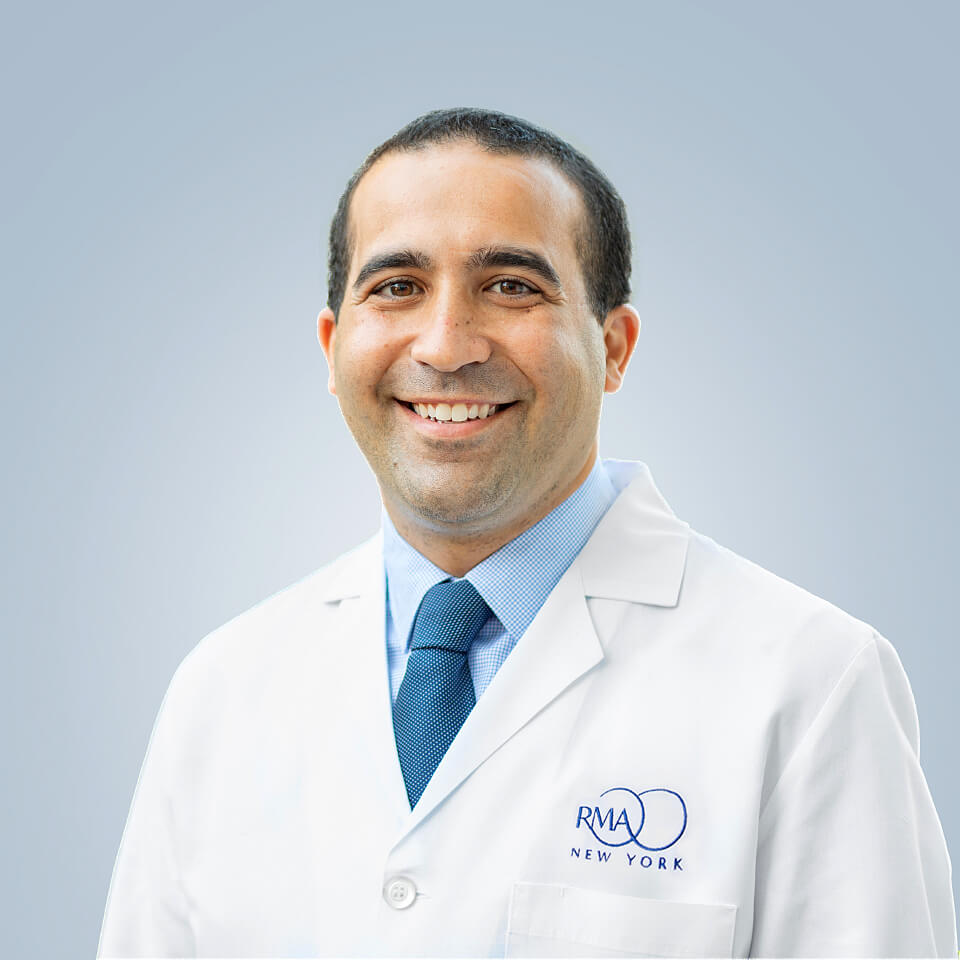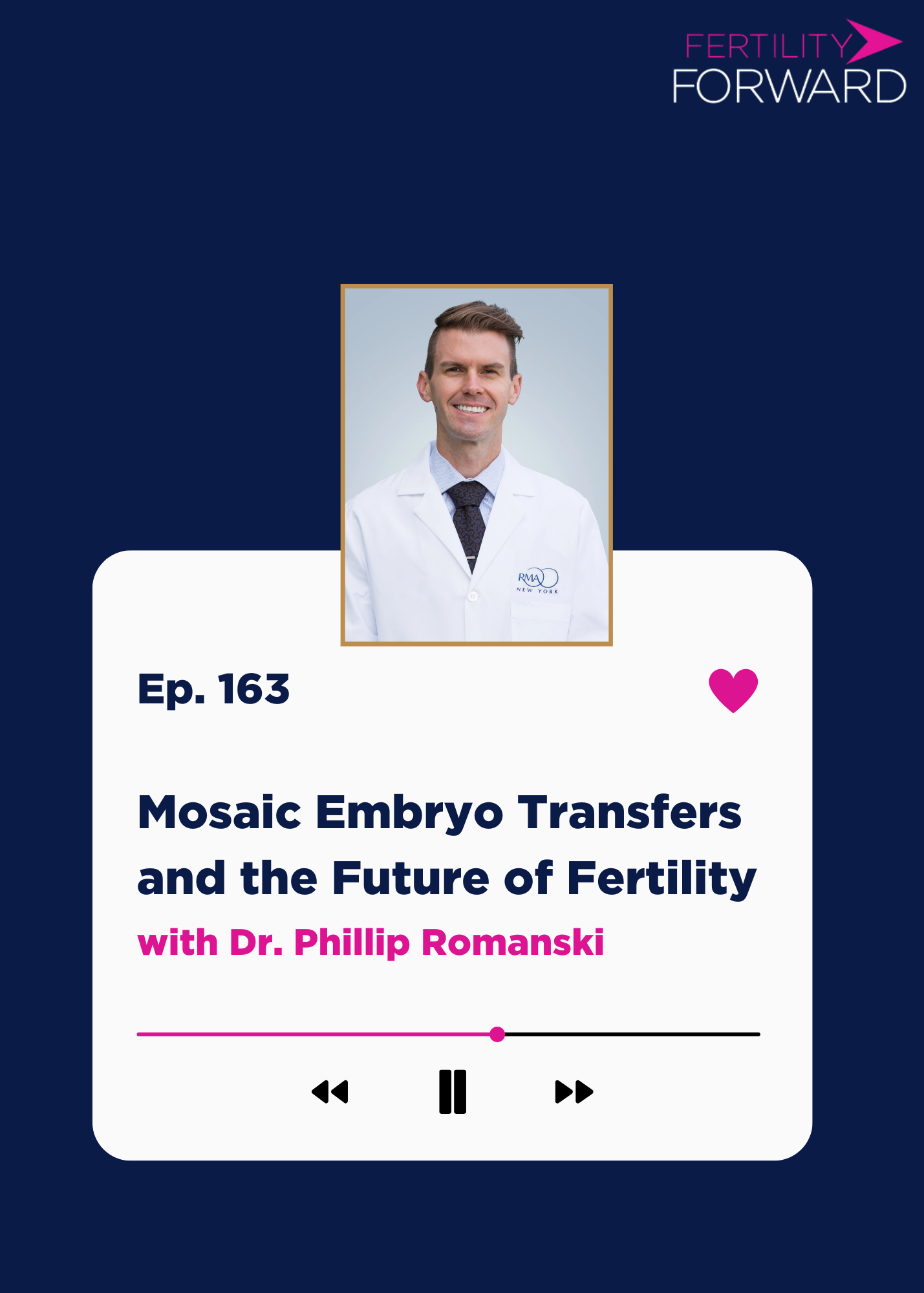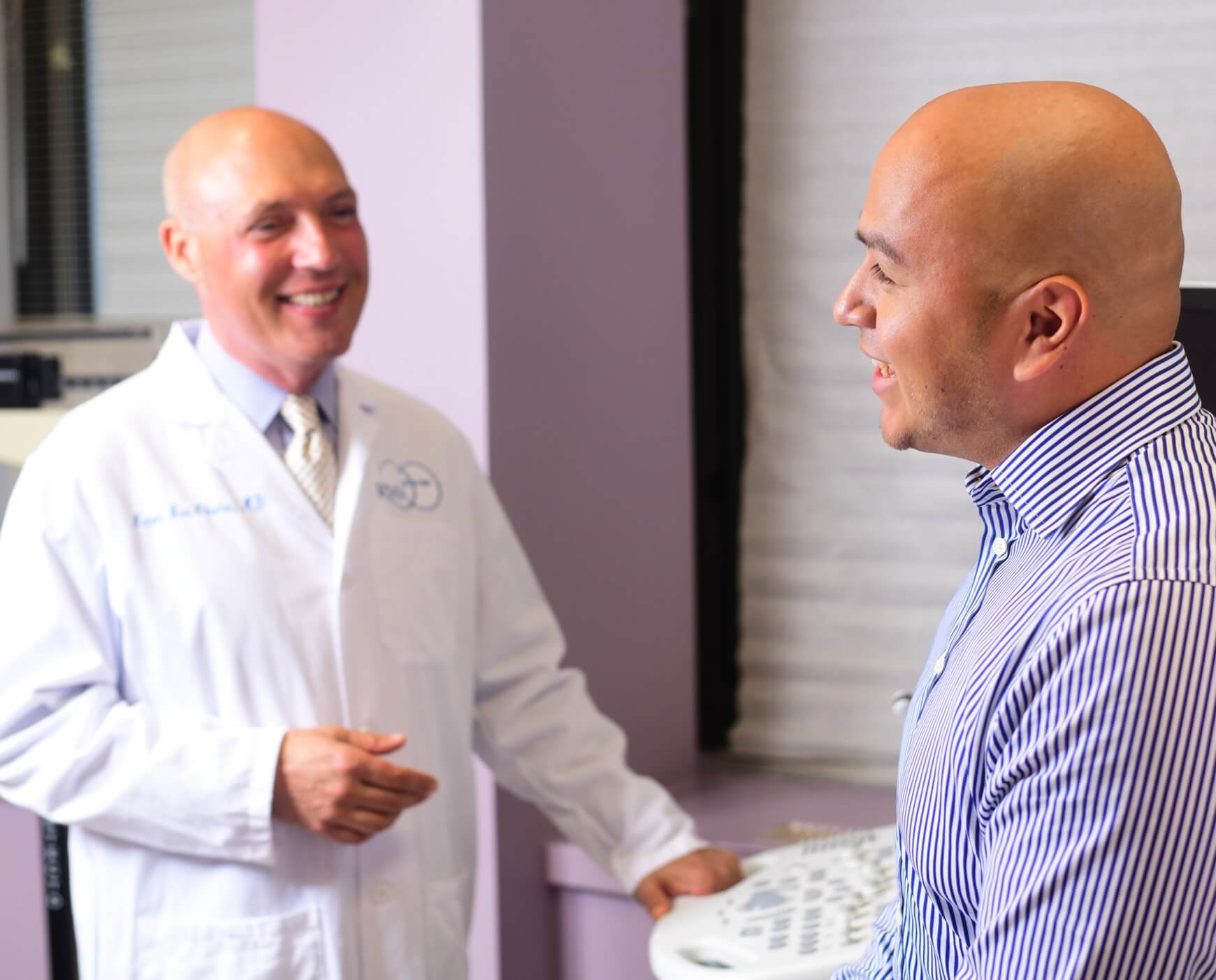
The Male “Biological Clock”
Do men need to worry about aging and fertility?
Although many believe that age only affects female fertility, aging can also have an impact on male fertility. As men get older, their sperm quality diminishes over time, which can make it increasingly difficult to achieve a pregnancy. Poor sperm quality can also eventually lead to health problems for the baby, as well as a higher risk for miscarriage.
Sperm banking minimizes these concerns by allowing men to freeze their sperm when it is at its most healthy. Sperm can be frozen and stored safely for a considerable amount of time before being thawed and used in IVF or IUI.
The Sperm Banking Process
Sperm banking involves freezing a patient’s sperm for later use in either insemination or in vitro fertilization, or simply to preserve male fertility. A male may choose to store his sperm because of a particular medical condition or simply to have the option to start a family any time in the future. A sample of semen is obtained via masturbation or collection in a specialized collection device. It is then analyzed by RMA of NY’s andrology lab, and cryopreserved (frozen) using specialized media and solutions. The vials are frozen and then immersed in liquid nitrogen and stored in cryogenic tanks at a temperature of -196°C (-321°F). The liquid nitrogen is independent of any source of power. Cryogenic tanks are checked daily and replenished as needed. Viable sperm are frozen and stored on-site at RMA of New York Eastside location.
Common Reasons for Sperm Banking
- Preserving sperm prior to sterilization or genetic damage that may result from cancer treatments (oncofertility)
- For back-up should a male partner be unable to collect or be out of town on the day that sperm are needed for IUI or IVF treatment
- Prior to a vasectomy

Why RMA of New York: Sperm Banking
RMA of New York serves as the Division of Reproductive Endocrinology and Infertility at Mount Sinai Medical System. Our laboratory team is dedicated to scientific discovery, graduate medical education through RMA of NY’s REI Fellowship Program, and individualized care that focuses on you.
Our team of embryologists are consistently recognized as innovators in reproductive science and medicine, and security and safety standards. RMA of New York has been at the forefront of embryo freezing technology and cutting-edge research, helping countless individuals and partners achieve the dream of building a family.
Featured Resources
![Ep 163: Mosaic Embryo Transfers and the Future of Fertility with Dr. Phillip Romanski]() Podcast
PodcastEp 163: Mosaic Embryo Transfers and the Future of Fertility with Dr. Phillip Romanski
How can data enable doctors to best support their patients? Reproductive endocrinologist and …
Read More![Endometriosis: Causes, Symptoms, and Advanced Care in NYC]() Blog
BlogEndometriosis: Causes, Symptoms, and Advanced Care in NYC
Endometriosis is a condition that affects the female reproductive system and occurs when …
Read More![News 12: Women's Health Screenings By Age]() News & Press
News & PressNews 12: Women's Health Screenings By Age
Dr. Anate Brauer sat down with News 12 to discuss the importance of health screenings and which …
Read More
Get Started
It’s never too early to learn about your fertility and reproductive options.
Have questions?
We can help.
Patient-centric reproductive medicine is our specialty, and we look forward to answering any questions you may have.


